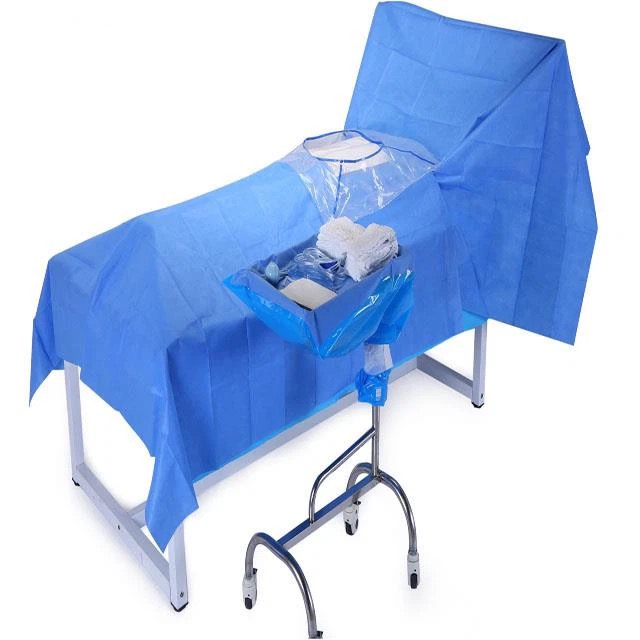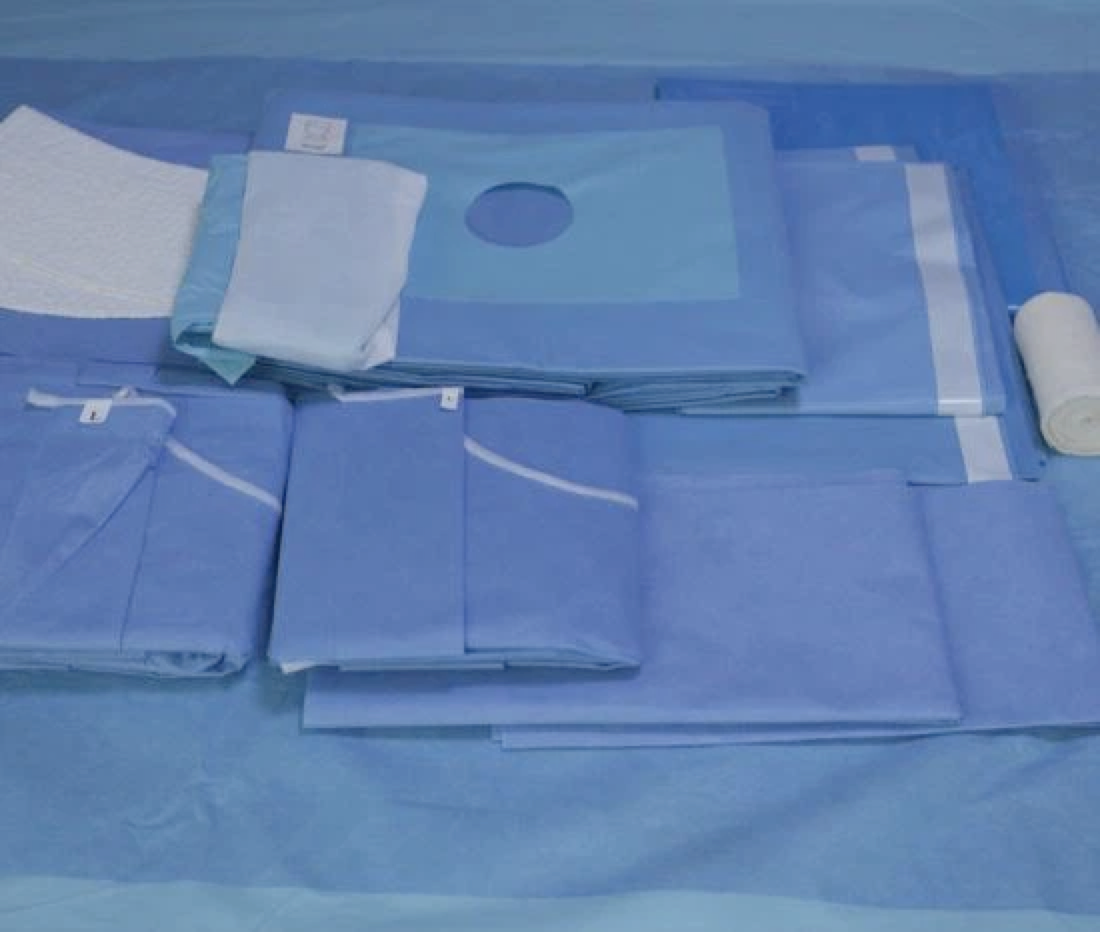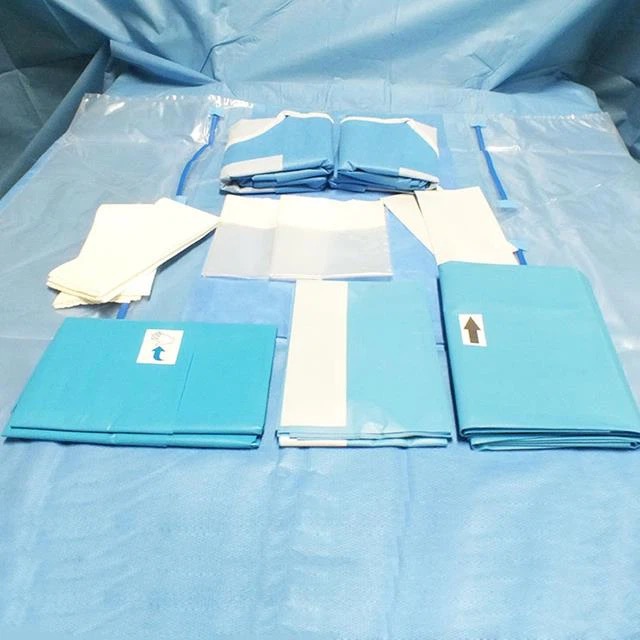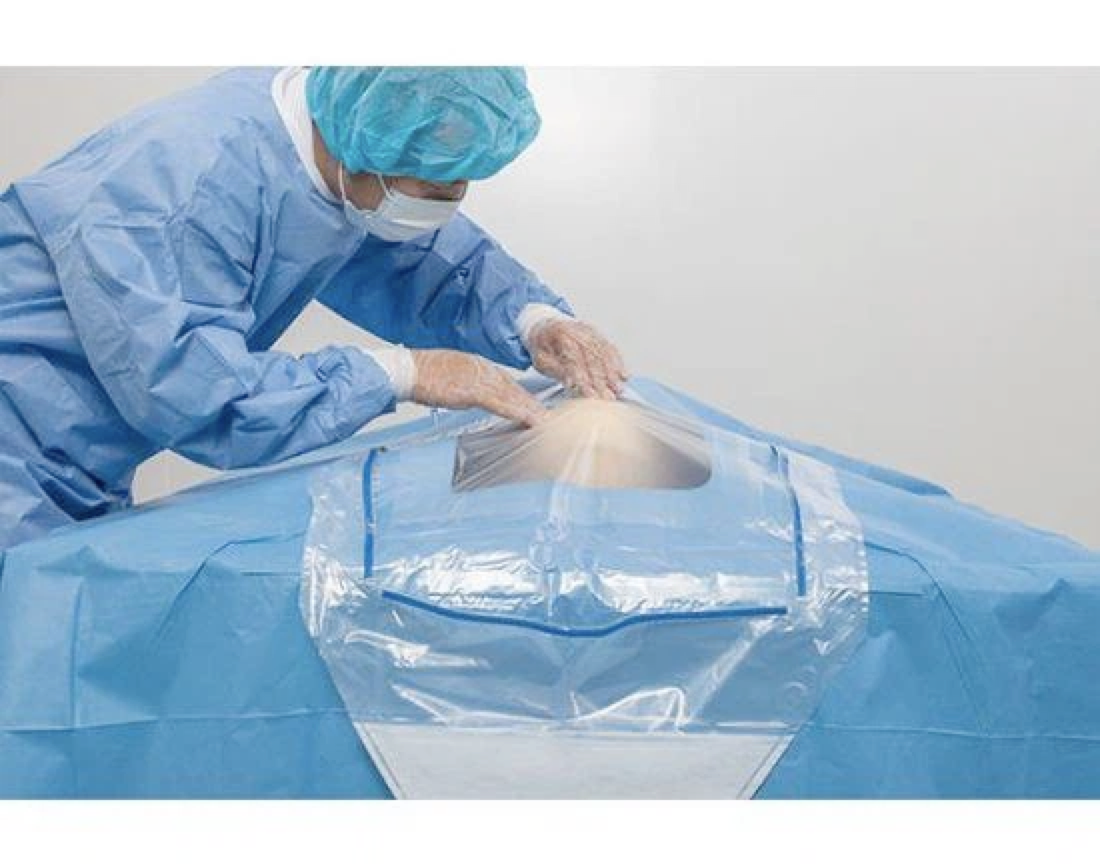What do you fear most about working in the operating room?
Is it picking up the wrong patient, wrong surgical site, pressure injury during surgery, patient falling out of bed, loss of pathology specimen, wrong surgical position, electric burns, malfunction of instruments and equipment, or inconsistency of goods?
In fact, there is no fear in the operating room, only more fear, if we can not strictly require themselves, can not be prudent, the team can not be tacit cooperation, so the above events are unavoidable, no matter which will cause physical and psychological harm to the patient, the economic loss, but also to their own careers heavily smeared on the work of the operating room in the unpredictability of the crisis.
Today we will discuss with you what are the reasons for the occurrence of item discrepancies in surgery?
First, let's understand two concepts: adverse events in the OR and intraoperative item discrepancies.
Adverse events in the operating room
An adverse event is an unplanned, unforeseen, unanticipated, or unwanted event that occurs during the course of care in the operating room.
Intraoperative item discrepancy
is an event in which the quantity of surgical items or the integrity of instruments during or after surgery does not match the preoperative quantity, or the integrity of surgical items is compromised, or is left in the body cavity.
The main reasons for item discrepancies are the following
Type of item
1 Mainly includes surgical instruments: the joint parts of the instruments have loose screws, missing nuts, and the integrity of the instruments is damaged, such as missing occlusal ports of ultrasonic scalpels, and missing tooth surfaces of dentate instruments.
2 Sharp objects such as blades, broken suture needles, missing suture needles, broken syringe needles, etc.
3 Dressings including gauze, gauze pads, gauze strips, cotton balls, etc. lost or left in the body cavity.
Surgical factors
1 Rescue surgery The patient's situation is urgent, the preoperative preparation time is short, and the items cannot be counted in a timely manner before the start of the surgery, or because the traveling nurse is busy with resuscitation, the count of items on the operating table cannot be recorded in a timely manner, or the frequency of adding items during the surgery is increased, which results in the complexity or confusion of the count.
2 Complex surgery and emergency surgery also due to the urgent preoperative preparation time, not enough to organize the surgical use. If you are counting items while performing surgery, it is easy to be unclear or not to count small items.
3 Patient factors: Evidence from evidence-based medicine shows that obese patients are more likely to have items left behind than other patients.
4 Intraoperative accidents, such as flying stitches, broken stitches, screws falling out of the surgical field, the chaos of the items during the transfer of laparoscopic surgery, the urgency of the situation the doctor rushed, the items can not be counted to perfection.
Staff factors
1 Nurse factors
(1) Due to the large workload of operating room nurses, there are more surgeries on the receiving table, and the time between receiving the table is short.
(2) Operating room nurses work long hours, easy to fatigue, attention is not focused.
(3) Operating room nurses do not know enough about item counting and ignore the importance of item counting.
(4) Insufficient experience and low seniority, unskilled surgical cooperation, non-standardized management of items on the operating table, unclear organization of instrument placement, and random placement of suture gauze.
2 Doctor's factors
(1) Insufficient attention to the counting of items in the operating room, insufficient cognition of the item counting system, or bias.
(2) Do not understand the process of counting surgical items, only think it is the nurse's responsibility, poor awareness of the management of surgical items, and random shelving of instruments after use.
(3) When rescuing patients, only focusing on the condition, especially difficult surgery and bleeding patients' surgery, neglecting instrument management cooperation.
(4) There is no sense of cooperation, and some doctors are only in a hurry to finish the surgery, not giving time for inventory, or always interrupting the inventory.
3 Poor sense of responsibility
Due to long-term work in the surgical environment, nurses and doctors have different degrees of paralysis, poor compliance with the counting of surgical instruments and dressings, not according to the principle of implementation.
Management factors
1 The system of counting surgical items is not detailed, and the content of the rules and regulations is incomplete and not detailed.
The counting of small items is not clearly defined, or the counting method is not uniform.
2 Poor compliance with the implementation of the inventory system, due to long-term monotonous and repetitive work environment is easy to create stereotypes. The counting of items is a mere formality.
3 Problems in the design of the counting process: the counting process is not clear, the management system is lagging behind, and the placement of the instrument table is not uniform.
4 Problems in the management of instruments: aging of instruments, inability to update in time, poor design of the process of instrument scrapping system.
Environmental factors
Due to the large number of surgeries, when workers do not clean the operating room properly, they will leave behind the items of the previous surgery, which may cause confusion in the counting of items if the roving nurses do not supervise enough.





